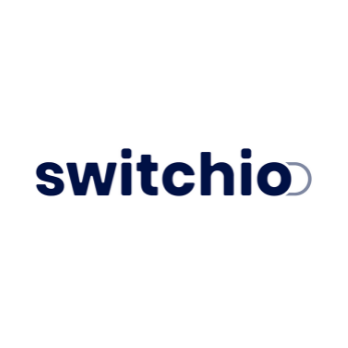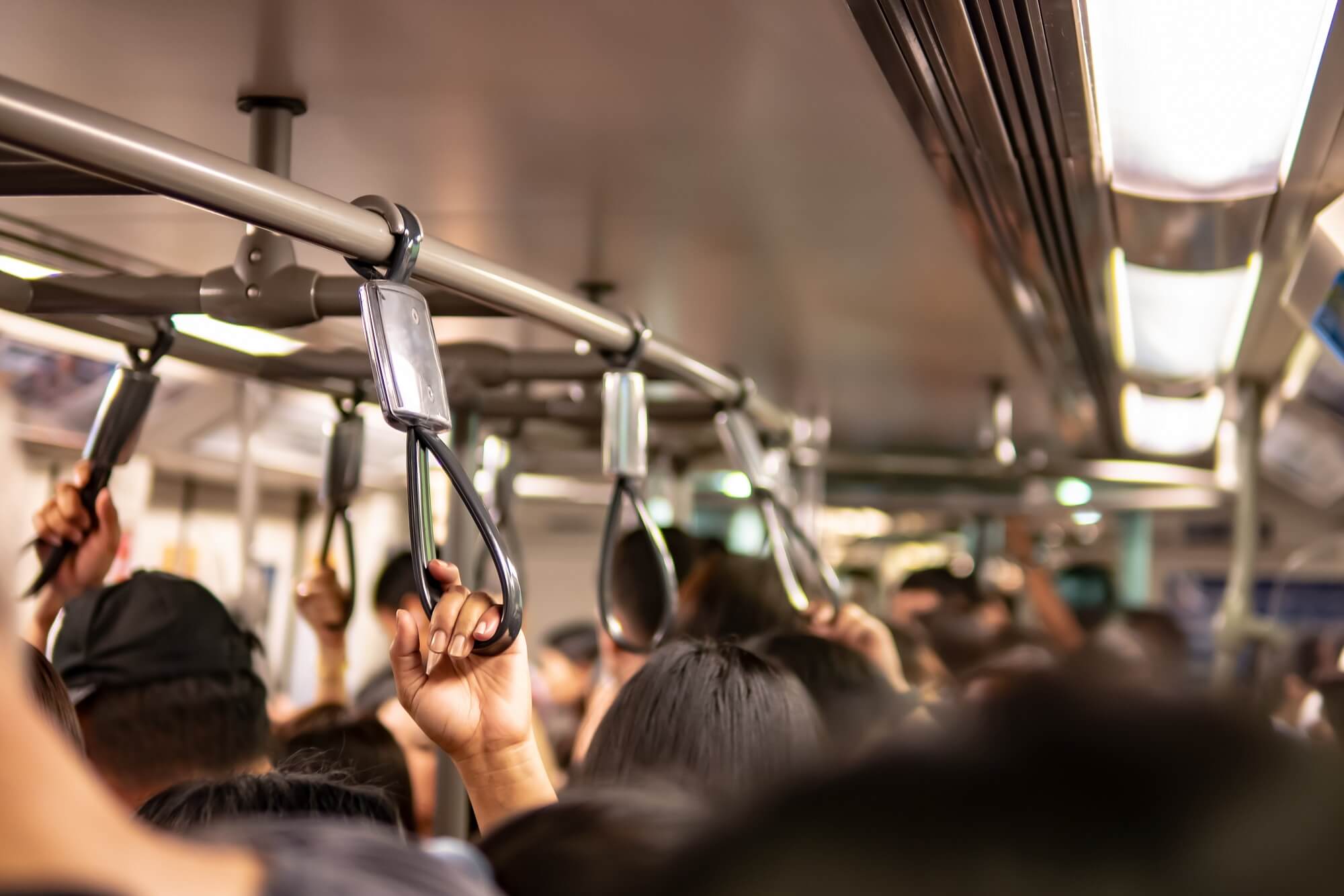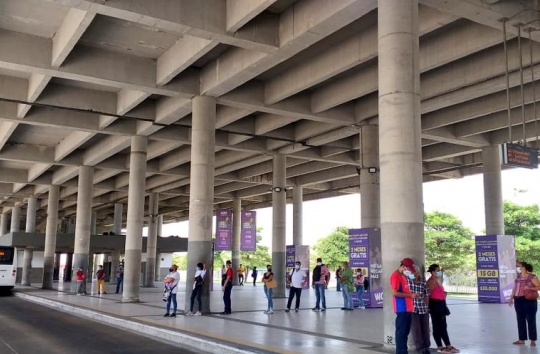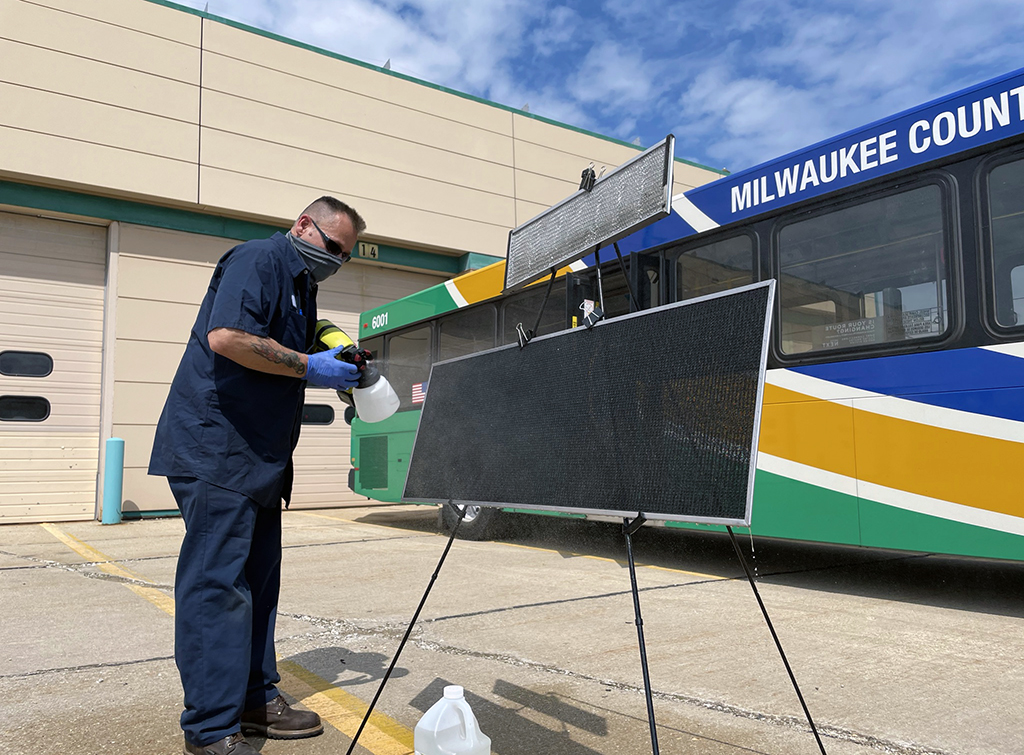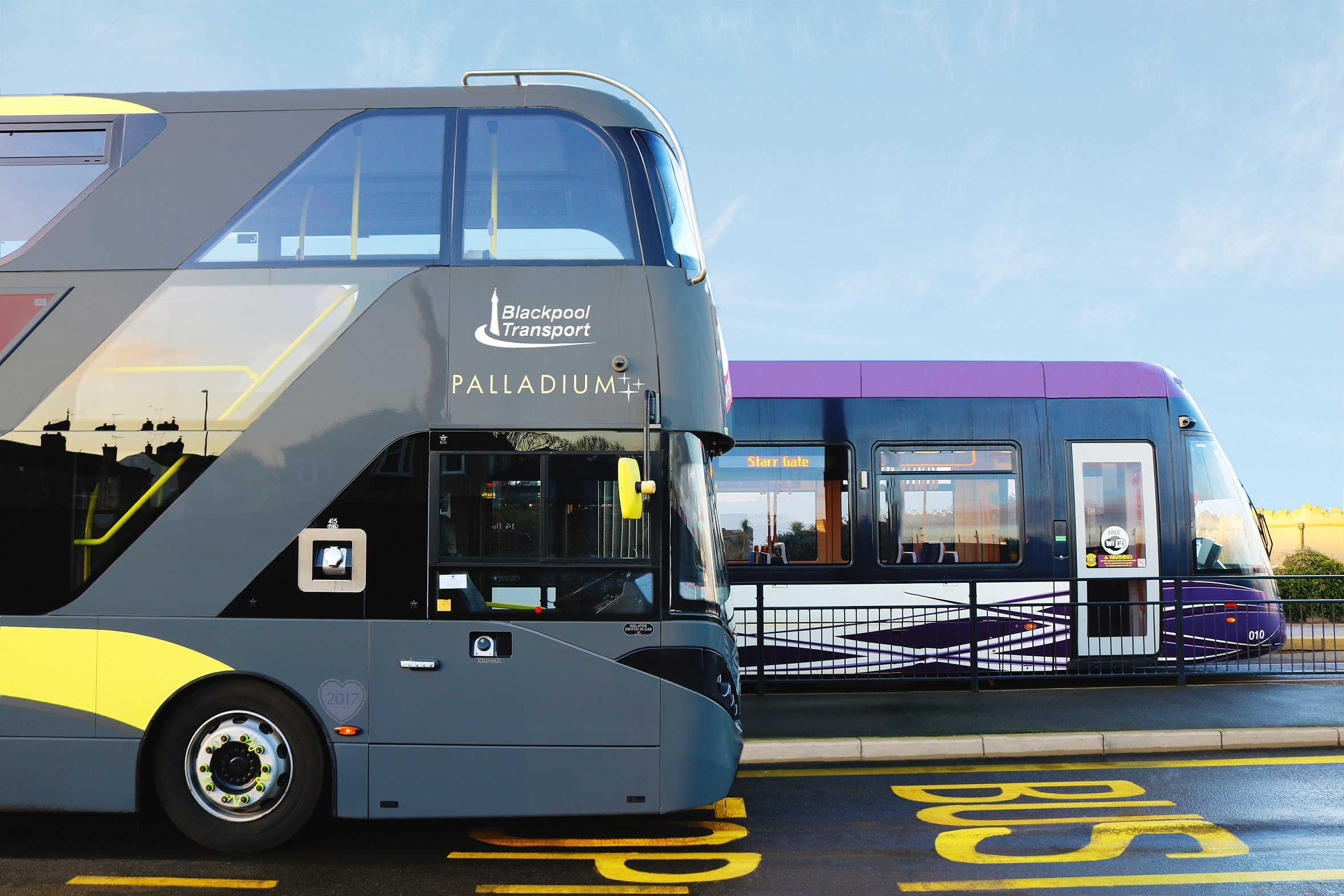Has COVID-19 Accelerated the Transition to Contactless Payments in Public Transportation?
Switchio discusses the advantages of contactless payments and looks at how the COVID-19 pandemic has brought the public transportation sector closer to fully embracing digital ticketing systems.
Can Contactless Payments Help Prevent the Spread of Infectious Diseases?
From ticket machine touchscreens, tickets, and coins to handrails, plastic seats, and door buttons, there are plenty of ways infectious diseases can be passed from one person to the next within the realm of public transport. Particularly with COVID-19, a highly contagious pathogen that has been shown to survive on surfaces for up to 72 hours, operators have had to introduce a wide variety of new safety measures and disinfection practices.
Recent data indicates that social distancing restrictions have resulted in an increased preference for contactless payments among global consumers, with nearly half of them using contactless payments more frequently than before the pandemic. For instance, a study conducted by Mastercard found that contactless payment transactions increased by some 40% in the first quarter of 2020, which coincides with the early stages of the coronavirus outbreak. The findings shed light on how adoption of contactless payment systems has been accelerated by the pandemic. People have expressed a desire for a cleaner and safer way to pay that gives them more control over physical proximity, and passengers in public transportation are no exception.
How Does Contactless Ticketing Work?
From the standpoint of the passenger, the beauty of contactless ticketing lies in its simplicity. In today’s fast-paced world, few commuters have time to find a ticket sales point, select the right fare, count out change, and then remember to stamp their paper ticket. Contactless ticketing takes those steps and compresses them into a simple tap of the bankcard or smart device on a digital validator upon boarding. Furthermore, it automatically calculates the best fare based on how much a passenger travels in a given day, while so-called fare capping ensures that the final amount never exceeds the price of an all-day ticket. This feature carries the added benefit of eliminating the inadvertent social inequity associated with unlimited ride passes.
How Do Operators Benefit?
When public transport operators make the switch to a contactless ticketing system, they are harnessing a number of powerful tools that help streamline their business and position it to better handle future ridership growth:
- all-in-one contactless payment platforms give operators the freedom to choose hardware and multiple acquirers;
- digitalization eliminates paper tickets and reduces fare administration costs by as much as 85%;
- a payment switch lowers transaction fees by optimizing payment routing to processing centres;
- tap-and-go fare payments speed up boarding and lead to better on-time performance across the network;
- drivers are relieved of ticket sales and cash handling duties and can devote their full attention to the route;
- sensitive data remains protected at all times thanks to a PCI DSS certified payment gateway using tokenization;
- passengers appreciate the unmatched convenience and eco-friendly aspects of paperless ticketing.
At Switchio, our mission is to improve the passenger experience, deliver real financial savings to public transport operators, and help make urban transit systems greener. Our unique off-the-shelf contactless payment solution has already been successfully implemented in cities in Europe, Africa, and Latin America, and new projects are currently underway in North America. To learn more about Switchio, please visit switchio.com.



